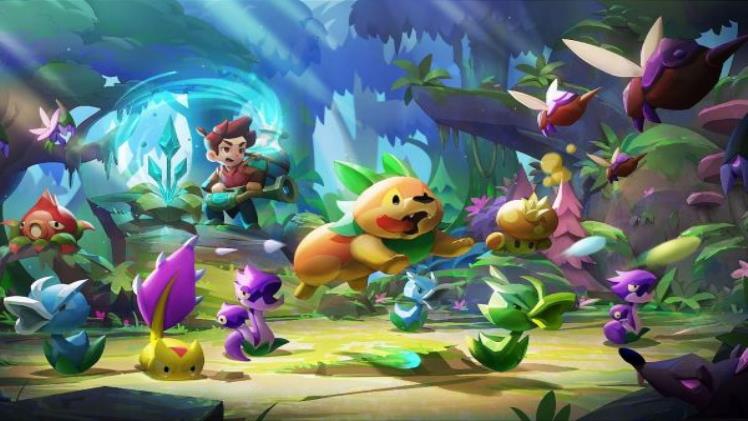The gaming industry is buzzing with excitement about blockchain-based games and the concept of play-to-earn (P2E). Game developers and publishers are eager to enhance engagement, rewards, and overall enjoyment for players. If you’re a game developer or publisher seeking to improve P2E games, consider these helpful tips.
Focus on gameplay
P2E games should have engaging gameplay that is fun to play, regardless of the rewards. Players should feel challenged and rewarded for their skill and strategy. The game mechanics should be intuitive and easy to understand but challenging to master.
Reward skill and effort
The rewards in P2E games should be based on skill and effort, not just luck or chance. Players should feel that their efforts and time spent in the game are rewarded. A balanced reward system will keep players engaged and motivated to keep playing.
Create a fair and transparent economy
P2E games should have a fair and transparent economy that rewards players for their contributions to the game. Players should be able to earn rewards without needing to spend a penny upfront. Developers should also ensure that the rewards are distributed fairly and that there is no cheating or exploitation.
Encourage a sense of community
P2E games should encourage social interaction among players. This can be done through chat functions, forums, or other features that allow players to communicate and collaborate with each other. Social interaction creates a sense of community that will keep players engaged with the game. Do not forget to work with a GameFi news aggregator to spread the word about your games so your community will always have new players.
Invest in user experience
Developers should invest in the user experience of their P2E games. The game should be easy to navigate, visually appealing, and responsive. Bugs and glitches should be minimized to ensure a smooth and enjoyable gaming experience.
A balance between competition and collaboration
P2E games should strike a balance between competition and collaboration. While competition can be a driving force for players, collaboration can help create a sense of community and shared success. Developers should ensure that the game rewards both individual achievement and collective effort.
Consider sustainability
P2E games should be sustainable over the long term. Developers should ensure that the game has a healthy economy and is not too reliant on external factors. Additionally, the game should be designed to evolve over time, with new content and features added regularly.
Provide clear pathways for progression
P2E games should provide clear pathways for progression. Players should be able to see how their efforts contribute to their overall progress in the game. This will help to retain the user base to continue playing the games.
Listen to player feedback
Developers should listen to player feedback and be responsive to their needs and concerns. Players are the ones who ultimately decide whether a game is successful or not, so their feedback is crucial in improving and refining the game.
To sum it up, P2E games can transform the gaming industry by enabling players to earn rewards while playing their favourite games. By taking into account the aforementioned points, you can elevate the quality of your P2E games.

